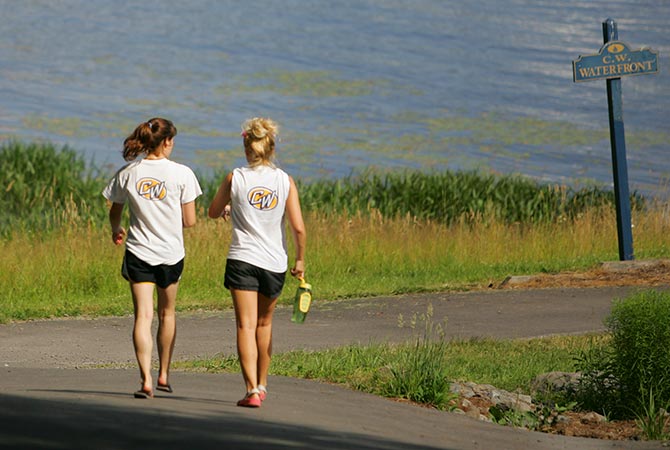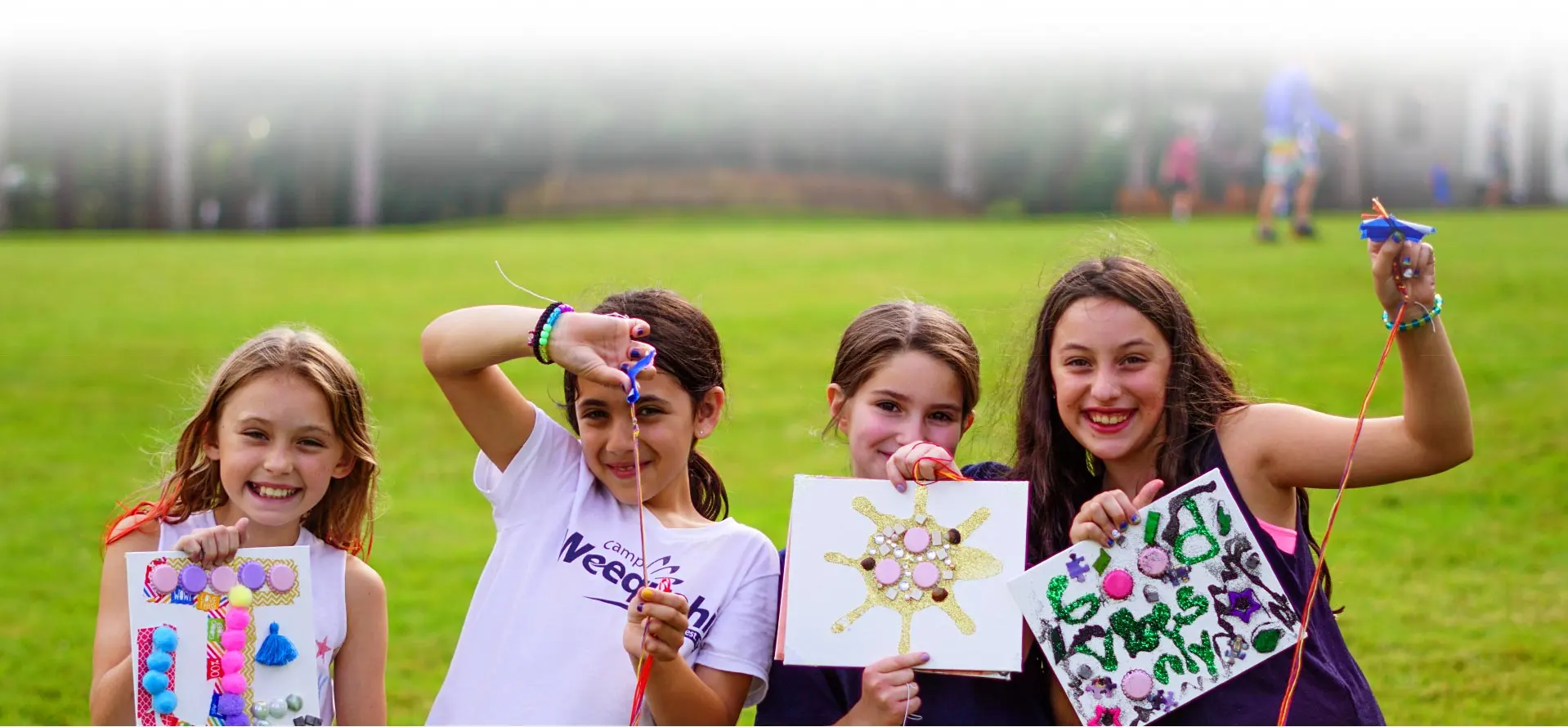A group of dads and 8th grade boys and I were talking a bit last week. We were focusing on how to protect against the challenges that culture throws at us… and the challenges we throw at ourselves.
One young guy asked a question about the seven ‘deadly’ sins. It was a phrase I’d not heard in a while so we looked them up: pride, greed, lust, envy, gluttony, wrath and sloth.
These were first discussed in the 6th century. The idea was to name the ‘foundational’ challenges (or sins) that lead us humans to other challenges. If we knew what the bad things were, the thought went, we could defend against them.
All are pretty self-explanatory. Thinking of yourself too much (pride), being jealous of others (envy), getting really, really angry (wrath), having that 4th… or 7th cookie (gluttony),etc. But, being the overbearing camp director that I am, we started going through each one.
About three quarters of the way through, another young man looked up and said, “It seems like most of these could be categorized as ‘wanting.’ I want too much food, too much entertainment, too much money.”
It was a great insight by an 8th grade guy. But what came next was even better.
The Antidote
One of the other dads in the group looked around, smiled and asked, ‘If most of these problems start with wanting too much, what’s the antidote? How do you stop it from getting going?”’
Without batting an eye, the young man responded, “Probably being grateful for what you have.”
Bingo.
This principle applies as much to an 8th grader as it does to a business tycoon as it does to a writer. In fact, I recently heard a story that brought this idea home.
Kurt Vonegurt wrote about an experience he and fellow writer Joseph Heller had together. While at some big party in a fancy house, Vonegurt looked at Heller and said, “Joe, how does it feel knowing that our host made more money yesterday than your book, Catch 22, made in its history?”
To quote the rest:
And Joe said, “I’ve got something he can never have.”
And I said, “What on earth could that be, Joe?”
And Joe said, “The knowledge that I’ve got enough.”
Enough
That’s a hard thing to do in this day and age. It’s soooo easy to find examples of what you don’t have – more things, more recognition, more free time. Culture is set up around us to egg that ‘wanting’ onward.
And, frankly, some of that wanting is a good thing. You want to better yourself and the circumstances of those around you. You want justice for those not receiving it. You want and work towards understanding.
For many of us, there comes a moment when you simply forget to be grateful for that and those which are in your life because you are so focused on wanting ‘more’… whatever that ‘more’ is. That marks the point of diminishing returns, the downward slide.
At some point, there has to be enough. Because striving towards things that don’t fill you up in a way that makes you and your loved ones better will start to do damage to you and your loved ones eventually. Mr. Heller knew this. The young man around the table knows it as well.
What is Enough?
Now, ‘enough’ will seem to be different for you at different times. What is enough in middle school is different than in college or when you are a parent. The funny thing is that it is really not that different at all. In a letter to his wife, Abigail, President John Adams said it best:
The longer I live, the more I read, the more patiently I think, and the more anxiously I inquire, the less I seem to know…Do justly. Love mercy. Walk humbly. This is enough.
Works for me and probably will for you, too. Have a great weekend.
(Full disclosure: I was battling ‘pride’ myself around that table. The young man who had the insight and answer above is a Weequahic guy through and through.)



